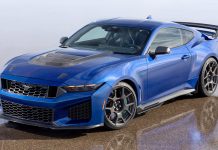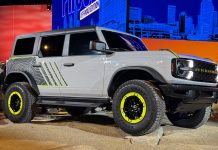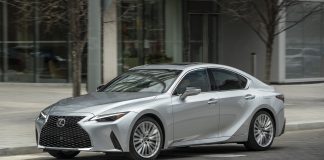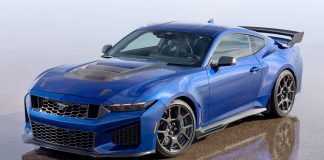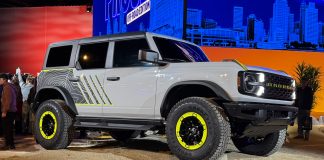In the realm of electric vehicles (EVs), Ford’s recent financial reports reveal a tale of contrasting fortunes. While the company celebrated a net income of $1.3 billion in the first quarter of 2024, courtesy of robust sales in its traditional lineup, the EV segment painted a less flattering picture.
Ford’s foray into electric mobility, encapsulated under the Model e division, has hit a significant roadblock. Despite a notable 86 percent surge in EV sales during the first three months of the year, the financial performance of the Model e division mirrored the gains made by the entire company. This juxtaposition underscores a sobering reality: Ford is purportedly losing a staggering $100,000 on each EV it sells, as reported by Bloomberg.

While the uptick in EV sales, including popular models like the Mustang Mach-E and the F-150 Lightning, may suggest a promising trajectory, the figures pale in comparison to the robust demand for traditional combustion-powered vehicles. Notably, Ford’s iconic F-Series trucks outsold the entire Model e lineup by a substantial margin, exemplifying the enduring preference for conventional vehicles among U.S. consumers.
In a telling indication of market dynamics, Ford Pro—the division focusing on commercial vehicles—emerged as a beacon of financial strength, buoyed by strong sales of Super Duty trucks. The commendable performance of Ford Pro, alongside positive revenue from the retail group Ford Blue catering to combustion and hybrid models, served to mitigate the losses incurred by the struggling Model e division.

Amid mounting financial pressures, Ford has taken proactive measures to address the challenges besetting its EV venture. Production of electric models has been dialed back in response to waning demand, with reports indicating renegotiations with battery suppliers and explorations of alternative cost-saving measures.
However, Ford’s predicament in the EV sphere is not unique. Industry peers, including Stellantis, Mercedes-Benz, and General Motors (GM), grapple with their respective hurdles in navigating the evolving landscape of electric mobility. From reassessing electric ambitions to contemplating the viability of combustion-powered iterations of EVs, automakers confront a shifting paradigm that demands agility and adaptability.
Source: Bloomberg


